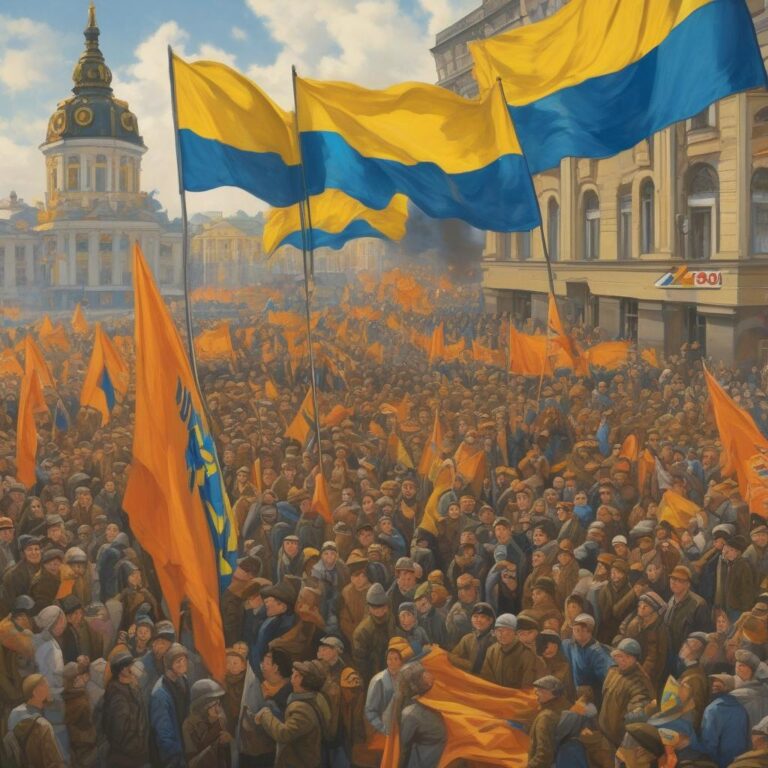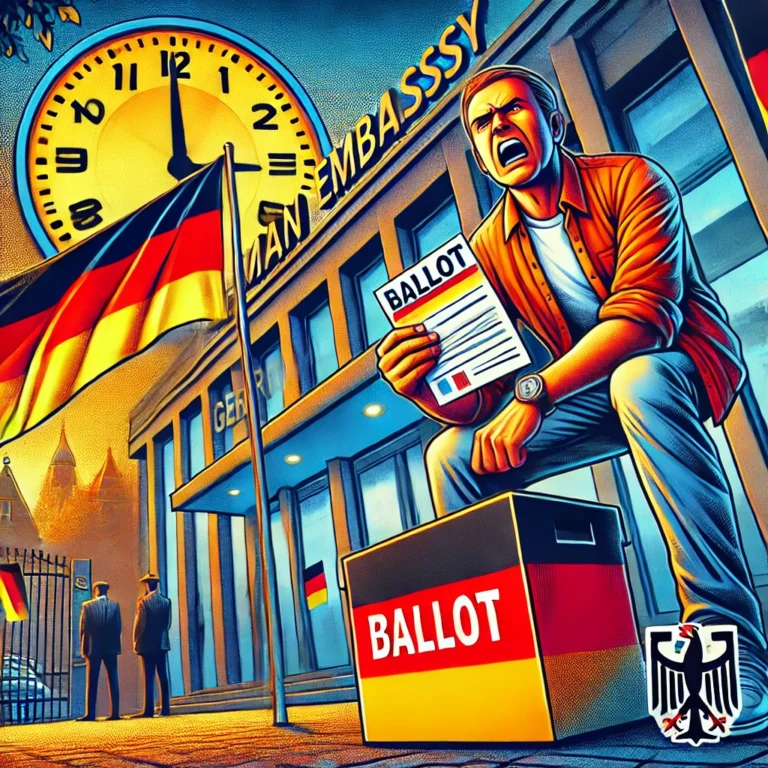
Vancouver, BC – Written Monday, December 16, 2024 – In a dramatic turn of events, German Chancellor Olaf Scholz lost a critical confidence vote in the Bundestag on Monday, setting the stage for snap elections in February 23, 2025. This development thrusts Germany into a period of political uncertainty at a time when its economy and global leadership are already under scrutiny.
Scholz, leader of the center-left Social Democratic Party (SPD), garnered only 207 votes in the 733-member parliament, falling well short of the 367 needed for a majority. With 394 lawmakers voting against him and 116 abstaining, the vote signals a clear rejection of his leadership following the collapse of his three-party coalition earlier this year.
The coalition’s breakdown was triggered on November 6, when Scholz dismissed his finance minister amid disagreements on revitalizing Germany’s sluggish economy. The coalition’s unraveling highlighted deep-seated tensions between the SPD, the Greens, and the Free Democratic Party (FDP), leaving Scholz to lead a weakened minority government.
A Path to Snap Elections
Under Germany’s constitution, the Bundestag cannot dissolve itself, so a confidence vote was necessary to trigger early elections. President Frank-Walter Steinmeier now has 21 days to decide whether to dissolve parliament formally and call for a new election. The anticipated date for the election is February 23, 2025, seven months ahead of schedule.
This early election presents both opportunities and challenges for Germany’s political landscape. Scholz has framed the upcoming vote as a pivotal moment for Germany’s future, urging voters to embrace bold investments in the economy and social cohesion. He has promised to modernize fiscal policies, increase the minimum wage, and lower taxes on food.
However, his main rival, Friedrich Merz of the center-right Christian Democratic Union (CDU), has positioned himself as a champion of fiscal responsibility and economic competitiveness. Merz criticized Scholz for mishandling the economy, stating, “You’re leaving the country in one of its biggest economic crises in postwar history.” Polls suggest that Merz and the CDU are leading by a significant margin, making him a strong contender for the chancellorship.
The Role of Other Parties
Germany’s complex electoral system, which often necessitates coalition governments, ensures that the road to forming a new administration will be far from straightforward. Vice Chancellor Robert Habeck of the Greens and Alice Weidel of the far-right Alternative for Germany (AfD) are also in the running for the chancellorship, though their parties face significant hurdles. The Greens have struggled to maintain momentum, while the AfD remains isolated due to its controversial positions.
The snap election campaign is expected to dominate political discourse in the coming months, with economic revitalization, climate policy, and Germany’s role in the Ukraine conflict as central issues. Scholz, while touting Germany’s leadership in supporting Ukraine militarily, has resisted calls to provide long-range missiles or deploy troops, a stance that has drawn criticism from Merz and other rivals.
What’s at Stake?
Germany’s role as the European Union’s largest economy and a global leader in addressing challenges like climate change and the Ukraine war makes its political stability crucial. The confidence vote marks only the sixth time in postwar history that a chancellor has faced such a challenge, underscoring the gravity of the current crisis.
As Germany prepares for its first snap election in nearly two decades, the outcome will shape not only its domestic policies but also its position on the international stage. All eyes are now on February 23, when voters will decide the country’s path forward amidst a backdrop of economic and political uncertainty.








